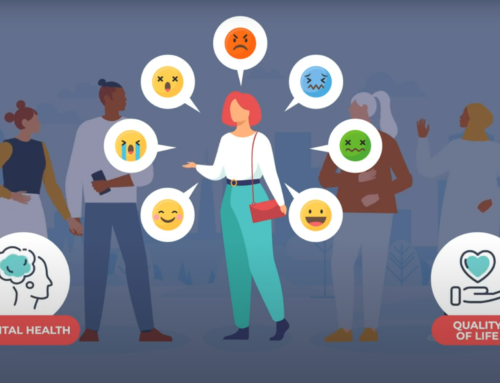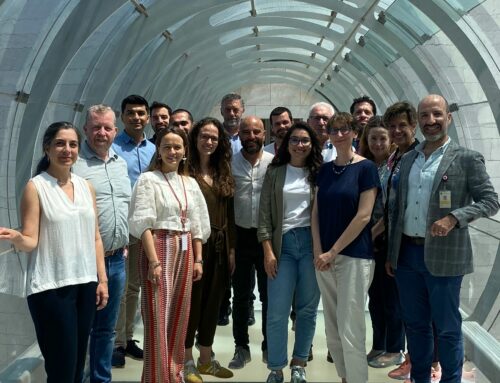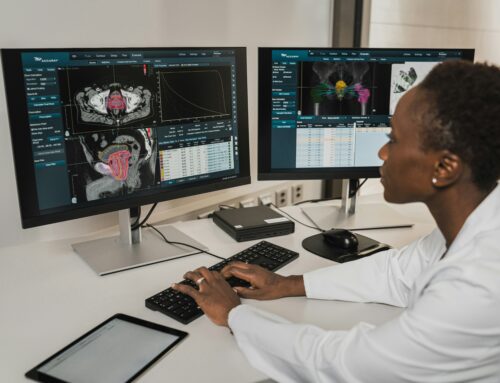Each year, an increasing number of new cases of cancer is detected. Unfortunately, both the illness and its treatment may negatively impact cancer patients’ mental health and quality of life. Identifying depression and anxiety in cancer patients is always challenging, because their symptoms can also occur as cancer related symptoms, as a reaction to diagnosis and prognosis, or as treatment side-effects. The identification of these symptoms is already difficult while the patient has regular medical appointments; but it becomes even harder when the person has less frequent medical contact.
The FAITH research project is developing an AI-based solution to support the mental well-being of post treatment cancer survivors. The solution will rely on an App installed on patients’ mobile devices and on a wearable smart band to gather information about their daily habits. This kind of information is a valuable source to infer someone’s well-being; based on this, the FAITH solution will be able to recognise psychological changes that might lead to poor mental health. By informing the users’ healthcare team of possible deviations in mental health trends, the solution will facilitate well-timed intervention.
Developing our solution
To develop such a complex solution and to train the AI algorithms behind it, the FAITH project needs to collect data. To this end, a year-long trial, conducted in 3 hospitals (in Ireland, Portugal, and Spain), will engage participants through a mobile phone App and a dedicated smart band; this will allow FAITH to collect participants’ data by combining passive data collection and proactive interaction with users. The App will also engage users in conversations, allowing voice analysis.
But what kind of data does FAITH collect? Watch our 2nd project video to find out, or explore our website to know more about us.
Authors: Vera Ferraiuolo and Alessandro Tedeschi Gallo of Deep Blue (Rome, Italy).




